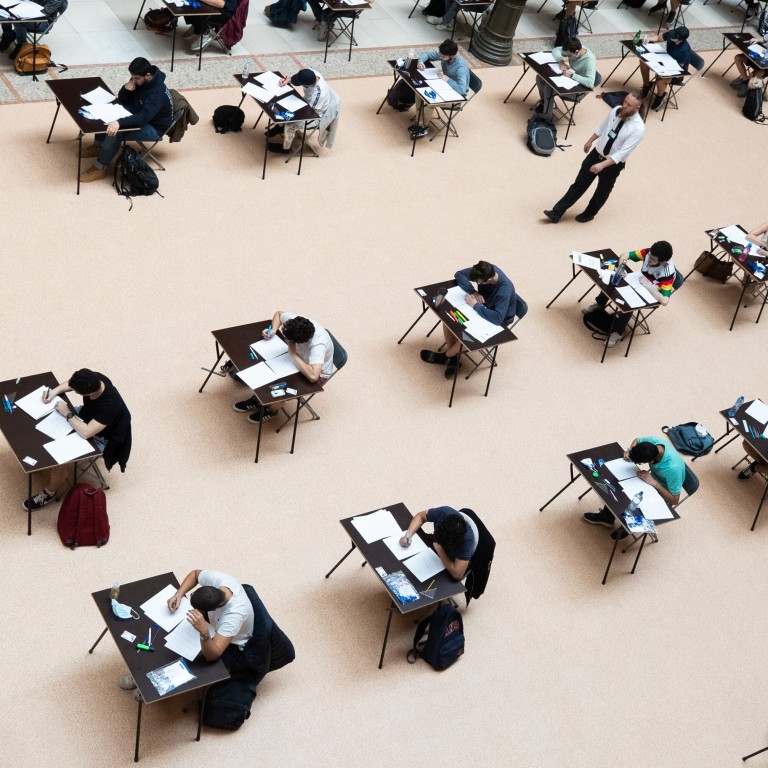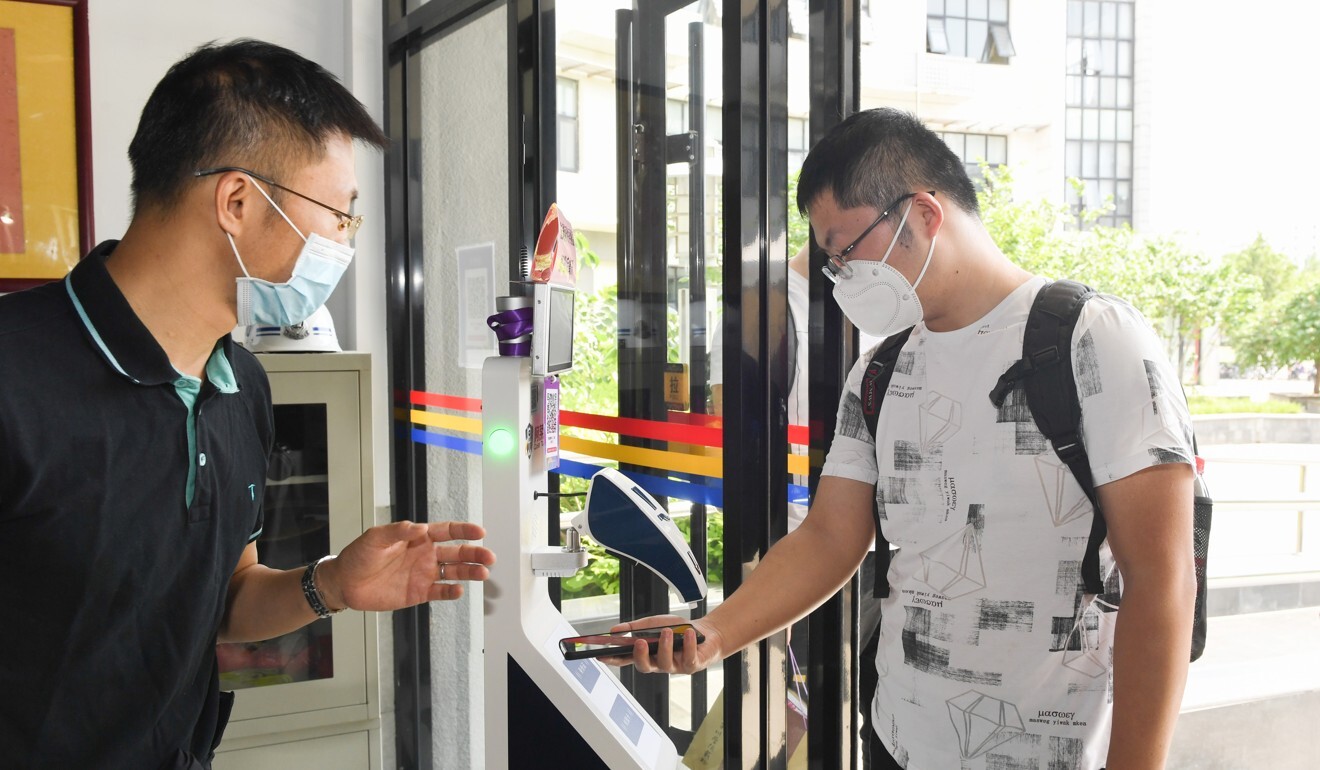
After Covid-19, universities will play a more critical role than ever
- Higher learning institutions are equipping students, industries and countries for a post-coronavirus future
- As the pandemic accelerates change, universities have a duty to make sure these students will not become a ‘lost generation’
June is usually a period of revelry for many university students. Lecture halls and classrooms are emptied out as undergraduates finish their semester exams and dive into the summer break – a time filled with anything from holidays to internships.
But universities have to pull through the crisis. This is because the role they play as a conduit for learning and innovation is even more critical now, as they equip students, industries and countries for a post-Covid-19 future.

07:46
Covid-19 pandemic clouds future for Hong Kong’s university Class of 2020
A NEW NORMAL
Universities everywhere have reacted quickly to mandatory closures by turning to short-term solutions, from online learning platforms to holding remote graduation ceremonies.
In Japan, students at the Business Breakthrough University in Tokyo even attended their graduation ceremonies by controlling avatar robots. Dressed in graduation caps and gowns, the robots had tablet “faces” that showed the students from their computers at home, and racks for holding the certificates.
The key priority for many universities has been to help students continue their education, using whatever resources they have. But with no vaccine for the novel coronavirus in sight, nor a silver bullet for the economic downturn, we have to do more than just respond to the crisis. Put another way, Covid-19 is a reset button and universities have to find new ways to operate in a new normal.
Indian students rethink study abroad plans in post-pandemic world
In crisis management, organisations will go through three stages: react, rethink, transform. The National University of Singapore (NUS) is now between the latter two stages – improving work processes to maximise business continuity, while transforming into a resilient and future-ready organisation.
We are developing robust systems, like any large organisation, to maintain an optimal balance of redundancy, complexity and efficiency. We are also pushing forward with digital transformation, ramping up digital infrastructure and capability that will be critical even beyond the current crisis.

THE FUTURE OF LEARNING
Beyond helping universities sustain their operations, a learning environment of this nature will ensure that students’ learning experiences are not compromised, and make higher education accessible to more people.
NUS has been experimenting with technology-enhanced education since 2011, and with blended learning (a mix of online and in-person sessions) from 2013. Covid-19 accelerated this transformation at Mach speed.
As in-person classes came to an abrupt stop because of the virus situation, the university moved to virtual examinations within three weeks. Now, as we gradually resume operations, the lessons we have learned in our rapid response have reaffirmed our belief in blended learning as a mode that is both effective and flexible.
INTERDISCIPLINARITY AS A FOCUS
As the pandemic accelerates change in a global economy, universities have a role and duty to make sure this generation of students will not become a “lost generation”.
How this can be done, in a complex world that is undergoing rapid change and growing more uncertain each day, is the challenge facing university leaders today.
We must face this head on.
Class of 2020: a lost generation in the post-coronavirus economy?
At NUS, we are looking at how we can nurture the attributes of adaptability, agility and resilience in our graduates – to reimagine the student experience, and expand our curricula in the areas of interdisciplinary knowledge and skills. While some of our students already benefit from workplace exposure, an extension of our current problem-based learning approach will lead to sustained immersion in real-world projects, labs and internships.
The pandemic has brought a crystal clarity to the role that universities play. To find solutions to humanity’s most pressing problems, we need talented individuals who have the breadth and depth of knowledge and skills, the ability to synthesise and think across conceptual and technical boundaries, and the dedication to work swiftly and efficiently.
We need multiple, interconnected networks of talent in my community and yours, in Asia and beyond.

BUILDING FOR THE FUTURE
Dissect the Chinese term for crisis – weiji – and it is possible to see that there is opportunity to be found in such trying times.
Beyond education, there is a lot more universities can do to shape the future, while ensuring their own relevance. This answer lies in greater emphasis on research and development.
Many universities have joined the race for a Covid-19 vaccine. The University of Oxford has teamed up with Britain-headquartered drug maker AstraZeneca, and Duke-NUS Medical School is working with San Diego biotech Arcturus Therapeutics Holdings.
These examples underscore the importance of collaboration – pooling resources to create solutions for real-world problems.
This is one area in which Asian universities, which are considered to be among the world’s top research institutions given their expertise and capabilities, have much to contribute. Since the start of the crisis, NUS researchers have been working on Covid-19-related research ranging from rapid diagnostics to case connections and vaccine development, as well as harnessing information and technology solutions to explore everything from modelling public health to fighting false online rumours.
The true impact of Covid-19 will be profound and far-reaching. We may not know exactly how things will change, but universities must evolve to secure not just their own futures, but the future of countries, economies, and societies everywhere.
Professor Tan Eng Chye is president of the National University of Singapore. A passionate academic and educator, Tan is a member of the World Economic Forum’s Global University Leaders’ Forum, as well as Singapore’s Future Economy Council, which is tasked with driving the growth and transformation of the country’s future economy.

